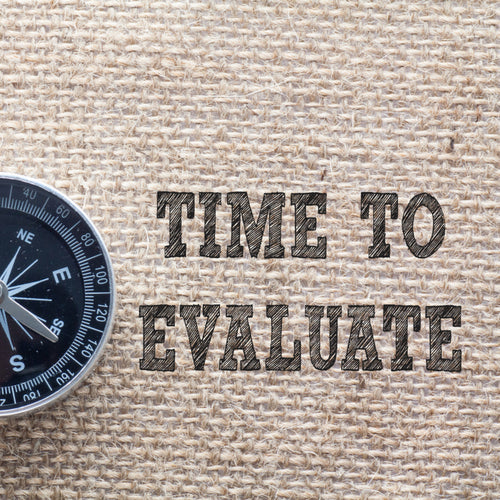 2024 ACH Rules Update
2024 ACH Rules Update
 5 Components Of An Engaging And Informative Staff Meeting
5 Components Of An Engaging And Informative Staff Meeting
 A Guide To Common Formative Assessments And Defined Learning Outcomes
A Guide To Common Formative Assessments And Defined Learning Outcomes